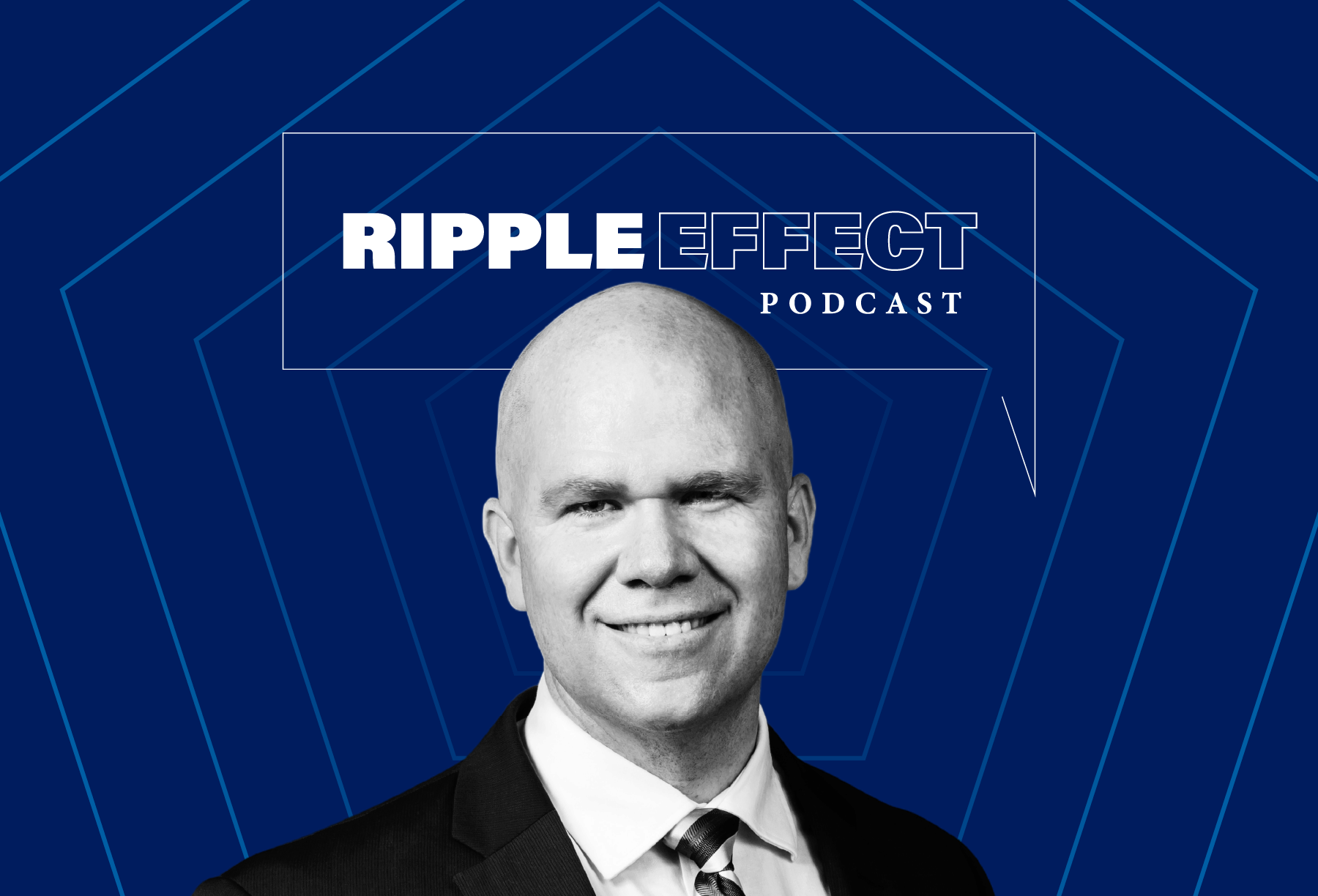Home Equity Demystified
Home equity is the difference between your property’s market value and the amount you owe on any liens, such as your mortgage. This equity fluctuates over time as you make monthly mortgage payments and as the market value of your home changes. Home improvements, community property values, and other factors can also impact your home’s equity.
Home Equity Loans: An Overview
A home equity loan, also known as a second mortgage, allows homeowners to borrow a lump sum of money using their home’s existing equity as security. Lenders generally permit you to borrow up to 80% of the equity you’ve built in your home. These loans usually come with a fixed interest rate and a term of five, 10, or 15 years. Your credit scores will partially determine the interest rate you qualify for.
Borrowers should be aware that defaulting on a home equity loan could lead to foreclosure, potentially forcing you to sell your home to repay the remaining debt. Therefore, understanding the risks and benefits of taking out a loan is essential.
Home Equity Loan Requirements
Applying for a home equity loan involves a thorough review of your financial health. The application process may include credit report checks and an appraisal of your home’s market value. Lenders consider factors such as home equity, debt-to-income ratio, and credit history. Understanding these loan requirements can help you better prepare for the application process.
Advantages and Disadvantages of Home Equity Loans
Home equity loans offer benefits such as lower interest rates, access to large funds, and spending flexibility. However, risks such as the possibility of foreclosure, the potential decrease in your home’s value, and closing costs should also be considered. To help you make an informed decision, we have a detailed article covering the pros and cons of home equity loans.
An Alternative: Home Equity Line of Credit (HELOC)
A HELOC is another type of financing that leverages your home’s equity. Unlike a home equity loan that provides a lump sum, a HELOC allows homeowners to borrow up to a certain limit on an as-needed basis. The main advantage of a HELOC is that you only pay interest on what you borrow.
HELOC Requirements
The application process for a HELOC is similar to that of a home equity loan. Lenders will review your home equity, debt-to-income ratio, and credit history. Knowing these HELOC requirements can help you navigate the application process.
Choosing the Right Home Equity Financing: HELOC vs. Second Mortgage
Choosing between a HELOC and a home equity loan depends on your individual circumstances. Consider the purpose of the financing, the amount of money you need, and the flexibility of repayments. Our article on HELOC vs. Second Mortgage provides a comprehensive comparison to help you make the right choice.
Home equity financing options can be flexible and accessible. However, as with any financial decision, it’s crucial to understand the implications and risks involved. By doing your homework and asking the right questions, you can secure the best financing for your needs. For more insights into the world of finance, subscribe to fintechfilter.com.






